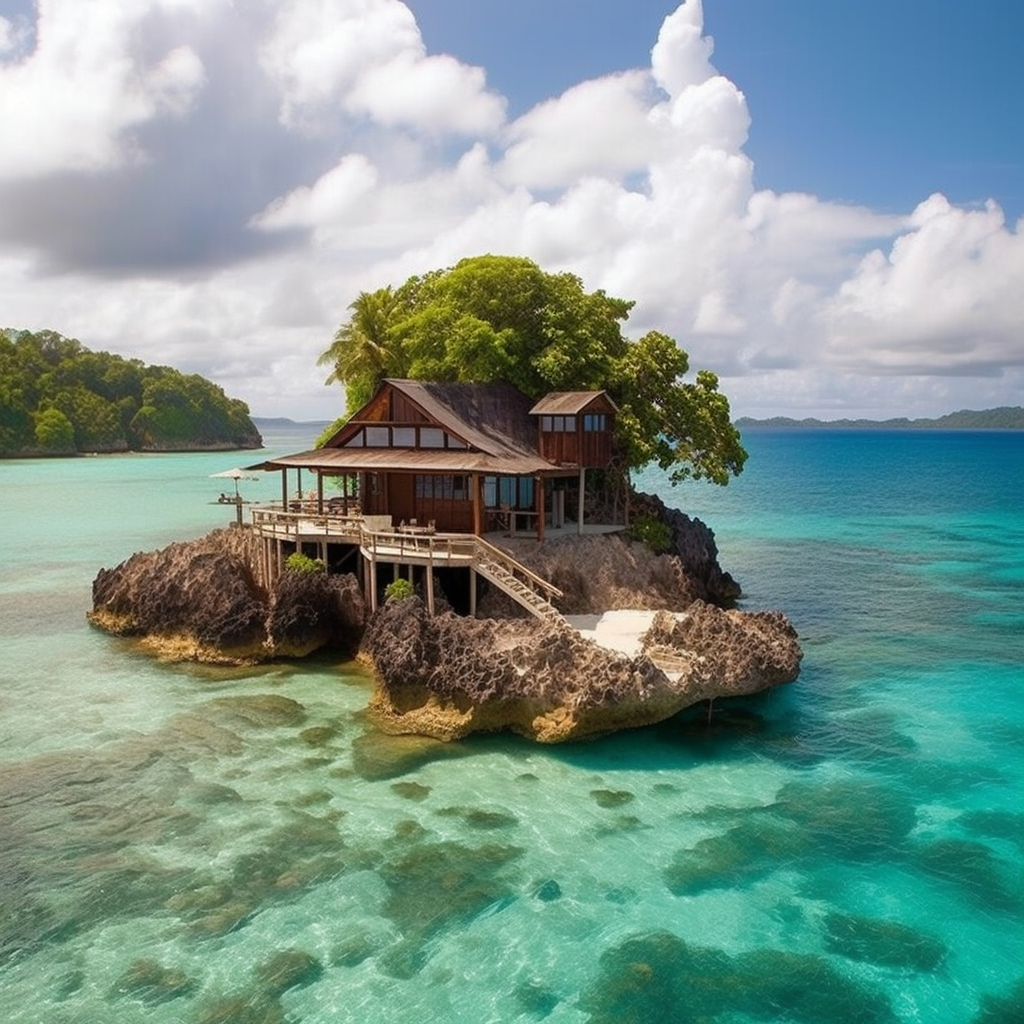August 8, 2023
Tourism’s Climate Challenge – Sustainable Adaptation
Book a Demo
Climate change is no longer a distant, abstract phenomenon but a present-day reality with visible impacts on our daily lives. One of the areas where its effects are increasingly being felt is the tourism industry, with extreme weather conditions disrupting travel plans globally. Heat, fires, floods, tornadoes, and hail storms are becoming more frequent and intense due to climate change, creating havoc for travelers and the tourism sector at large.
Record-breaking temperatures are not just a discomfort but a potential health hazard. In regions like the southern United States and East Asia, these extreme temperatures have led to significant health issues and numerous travel cancellations. But it’s not just about the discomfort or health risks. The unpredictability and danger of weather conditions are transforming popular summer destinations into potential disaster zones. Travel has become more erratic, costly, and in some cases, deadly.
Yet, despite these climate crises, global tourism shows a remarkable resilience. It is expected to rise by 30 percent from the previous year, with travel to Europe nearly at pre-pandemic levels. This resilience is a testament to the tourism industry’s importance in the global economy. As of 2019, the industry had surpassed global GDP growth by 40 percent. It employs 333 million people globally and represents over 10 percent of the worldwide economy.
However, as a recent article in The New York Times suggests, climate change may drastically alter the face of traditional summer vacations as environmental concerns reach a critical point. The newspaper paints a somewhat bleak future picture, with heatwaves and wildfires rendering some holiday destinations unviable.
This grim prediction underscores the urgent need for a more sustainable adaptation of the tourism industry. With growing awareness of climate change and its impacts, guilt over air travel’s environmental impact may alter people’s travel behaviors. Sustainable tourism is no longer a niche but a necessity for the industry’s survival. As we grapple with the realities of climate change, the tourism industry must adapt and evolve to ensure a sustainable future for itself and the planet.



